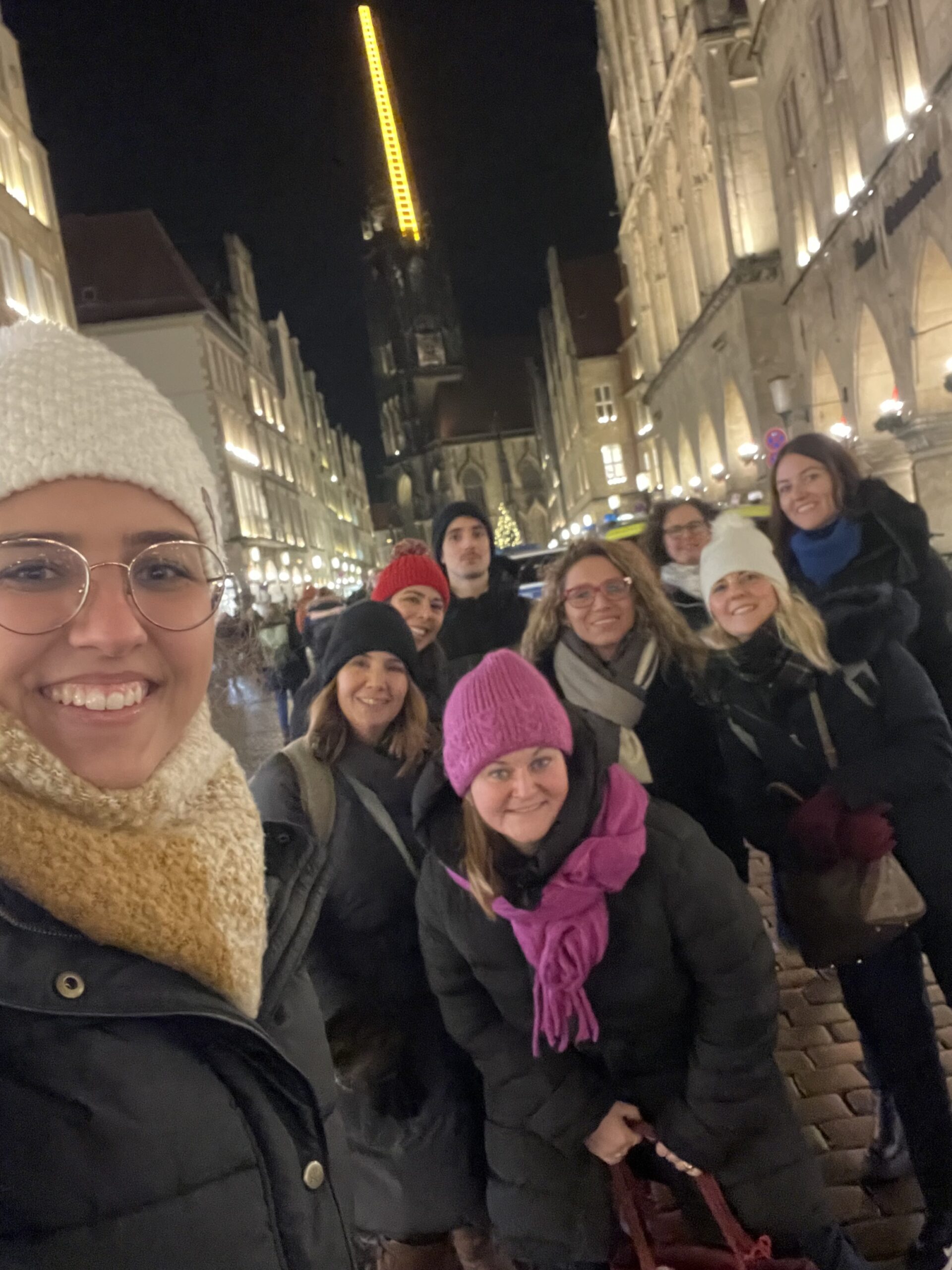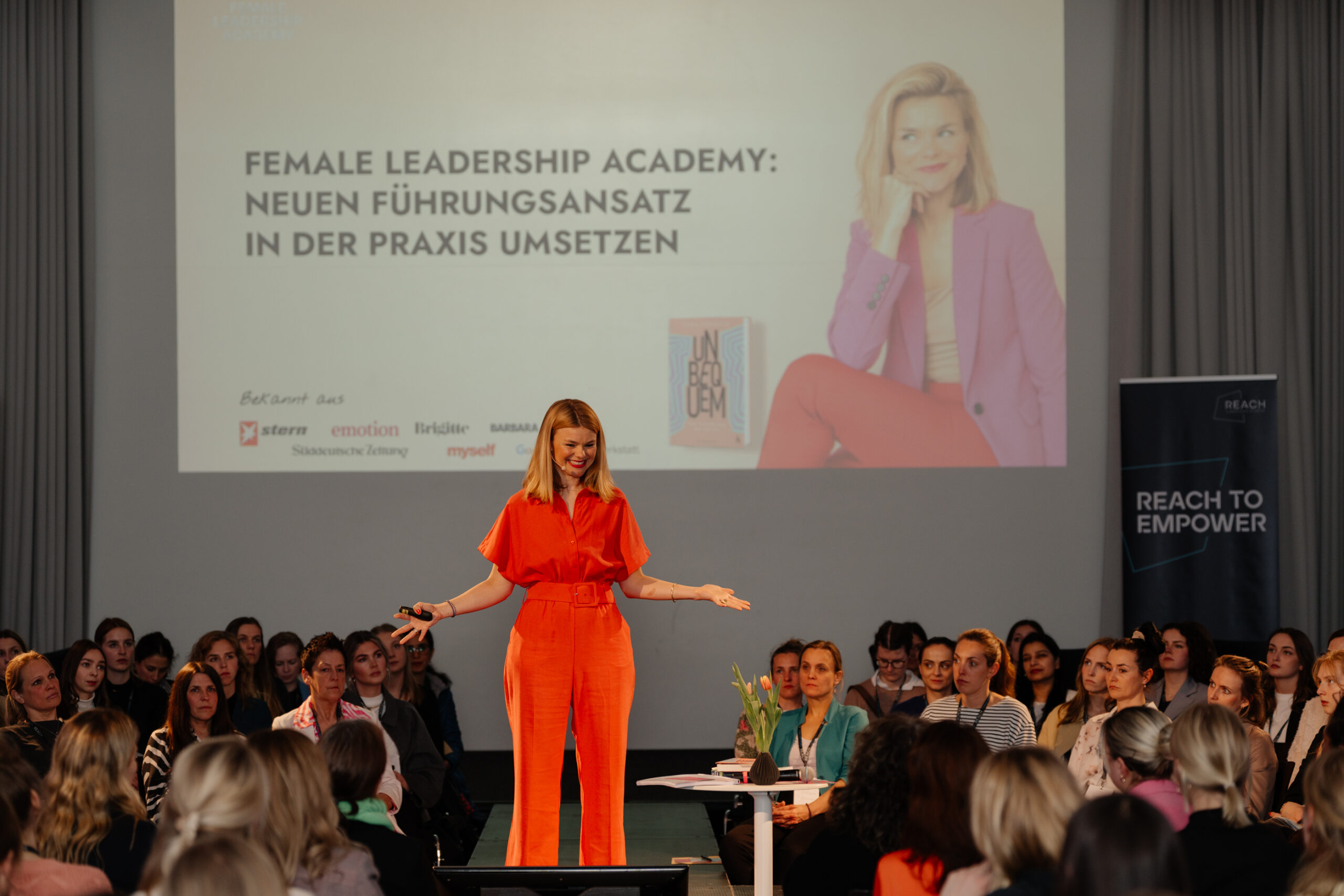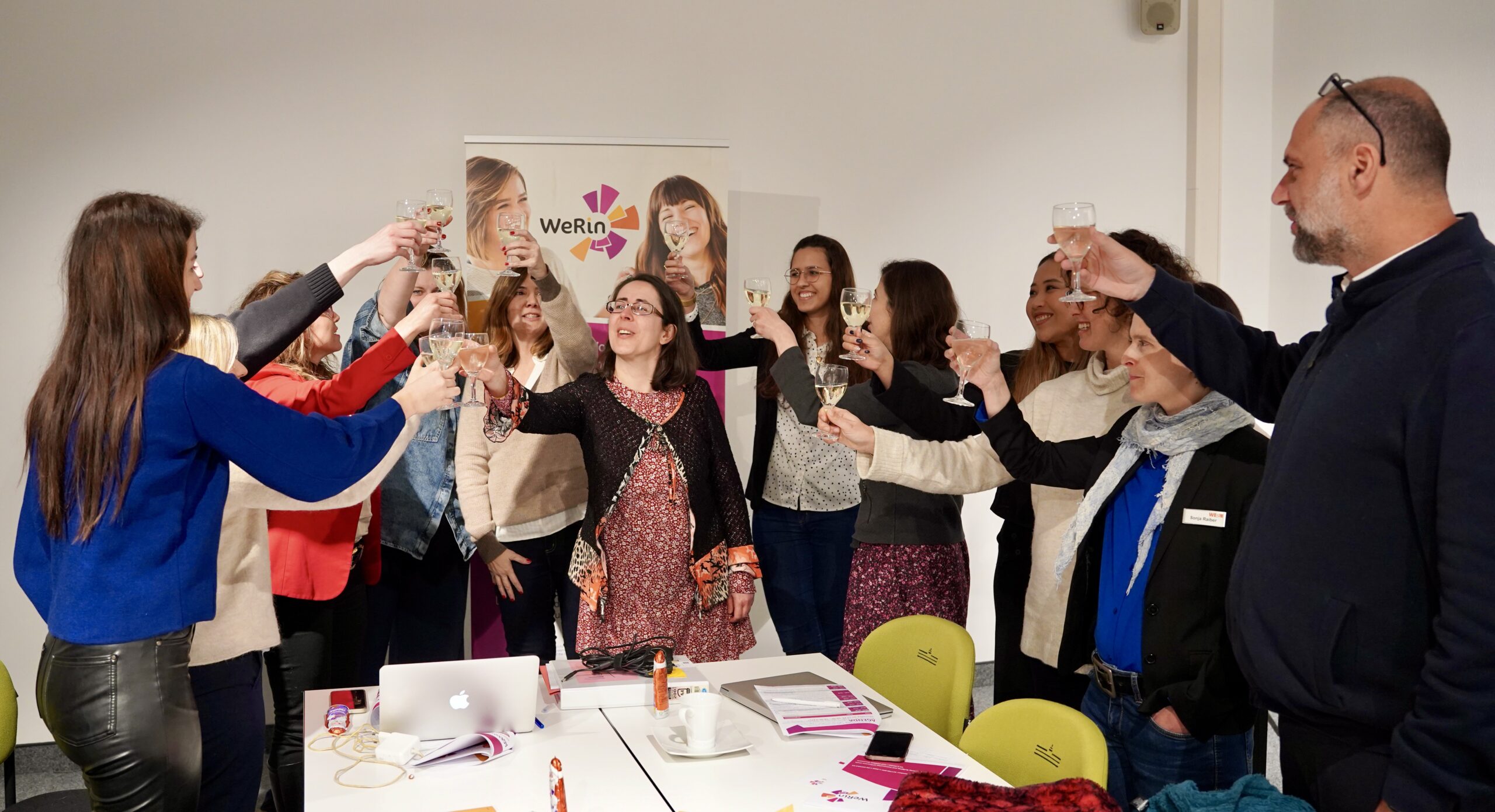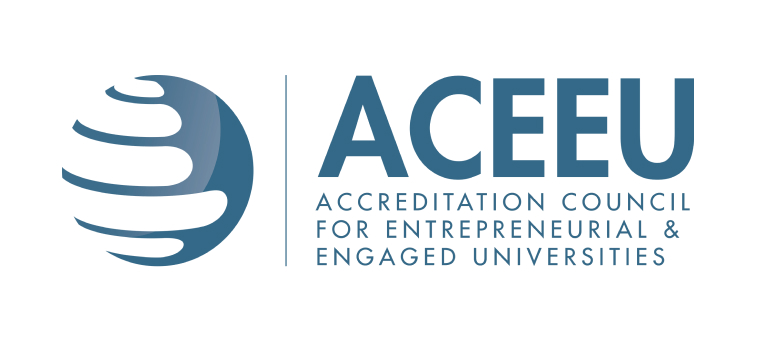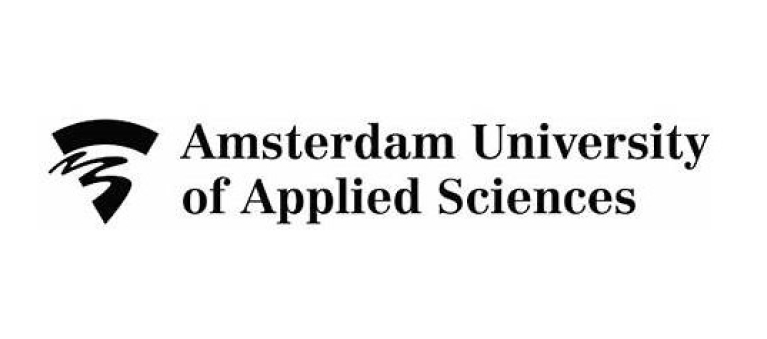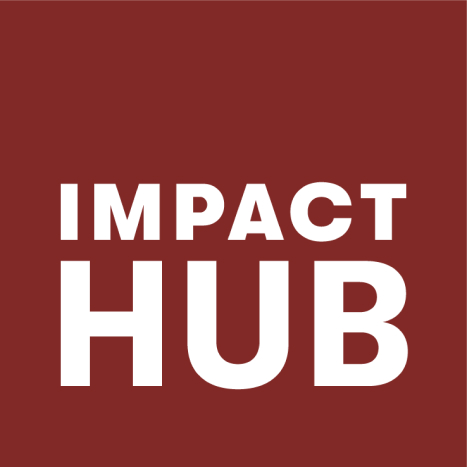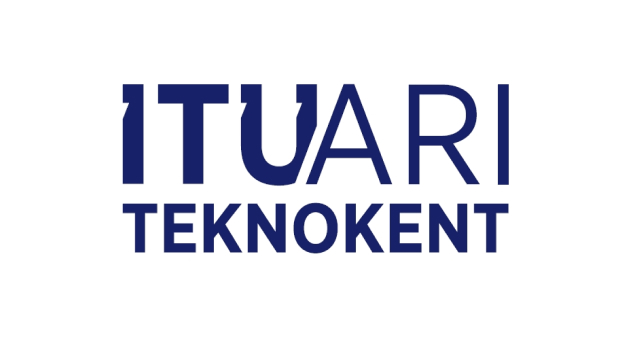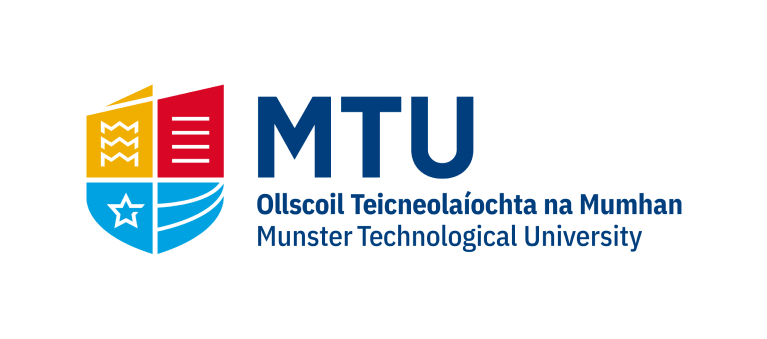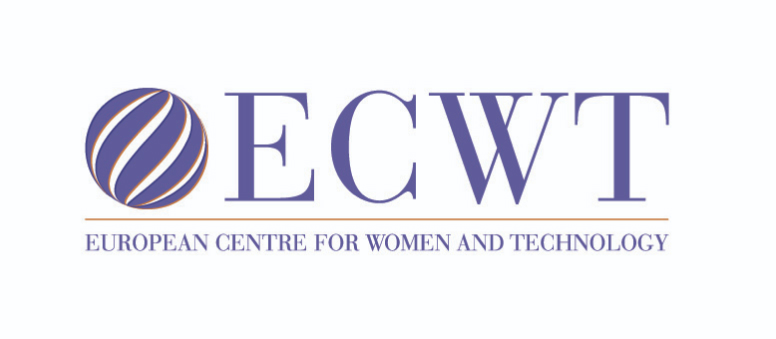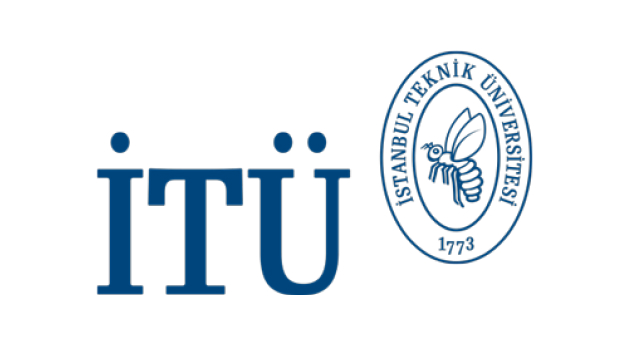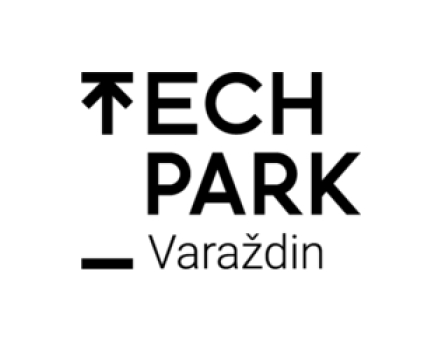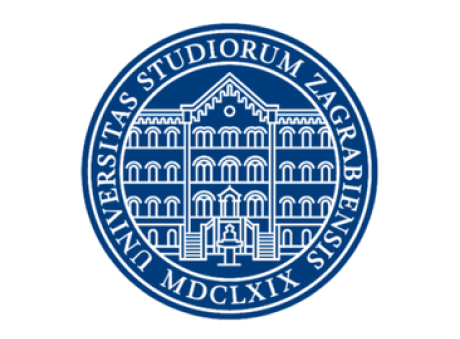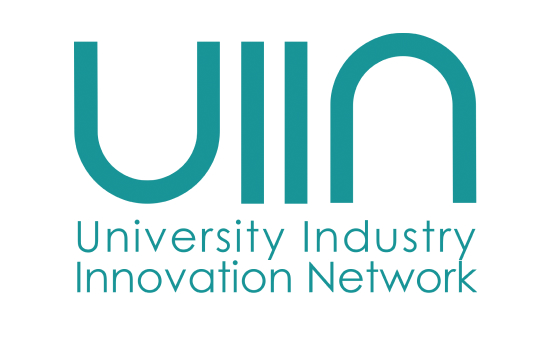By Dr. Sarah Davis, MTU Hincks Centre
Dr. Sarah Davis, representing MTU’s Hincks Centre and Rubicon Centre, reports on our very first allpartner, in-person meeting for the Erasmus+ WeRin project. It took place on the 10th of June 2022 in Impact Hub, Amsterdam, The Netherlands. All partners found their way to Linnaeusstraat 2C, where we were welcomed and ably hosted by Margot Kemps of Impact Hub. A full agenda was planned for partners who travelled from Croatia, Ireland, Turkey, Norway and Germany to this transnational partner meeting for the Women Entrepreneurs in Regional Inclusive Entrepreneurial Ecosystems (WeRin) Project.
The WeRin project has been going from strength to strength and our lead partner, Junior Professor in Entrepreneurship and International Business Development, Dr. Sue Rossano-Rivera from Münster University of Applied Sciences in Germany, formally welcomed us all. She encouraged us to celebrate the many successes that the WeRin consortium has achieved during the first year and a half of this important inclusivity project. These successes include meeting the ambitious project milestones, exceeding our dissemination targets, and being awarded a SocialEU award for our dissemination editorial plan led by Momentum. Partners have also been busy disseminating the project information and findings at peer-reviewed conferences, such as the ECSB’s RENT and 3e conferences, with submissions to the Academy of Management and Institute for Small Business and Entrepreneurship (ISBE) conferences
WeRin’s work -to -date was reviewed by Saskia Stoker of Amsterdam University of Applied Sciences, who is bringing the third work package of data collection about the current entrepreneurial ecosystems to a successful conclusion, with the final outstanding element to provide cases of good practice. Much progress has been made with the fourth work package, with principles for an inclusive ecosystem agreed on by all partners.
The next stage in this work phase, which is led by Kristina Detelj of the University of Zagreb, focuses on the development of a WeRin Knowledge Port that supports the principles we have identified for an inclusive ecosystem. The partners will begin to populate a curated knowledge port of information and develop a training approach that can be used to navigate the resources for gender-inclusive ecosystems. A key part of this will be the design of psychological nudges and this is planned to be conducted with students in a design exercise within the upcoming semester.
The Hincks Centre will lead the upcoming fifth work package which will work on capacity building and develop a community of practice for gender-inclusive entrepreneurial education ecosystems. As our other work packages are progressing, we are due to submit our first interim report to the European Commission this summer.
WeRin has accomplished a great deal and already produced many outputs (Role Model Exemplars, Literature Review, Regional Reports) with the support of our partners, our institutions, and our networks. We are ambitious to achieve more and support women in our entrepreneurial ecosystems. We are delighted and grateful for the wealth of support for this Erasmus+ WeRin project.


